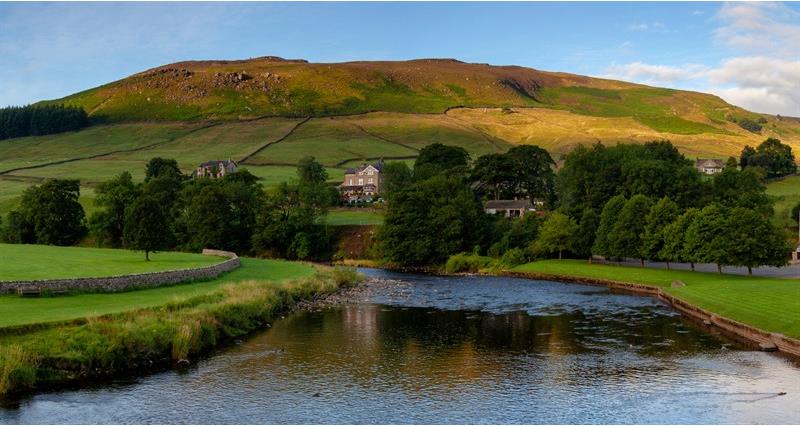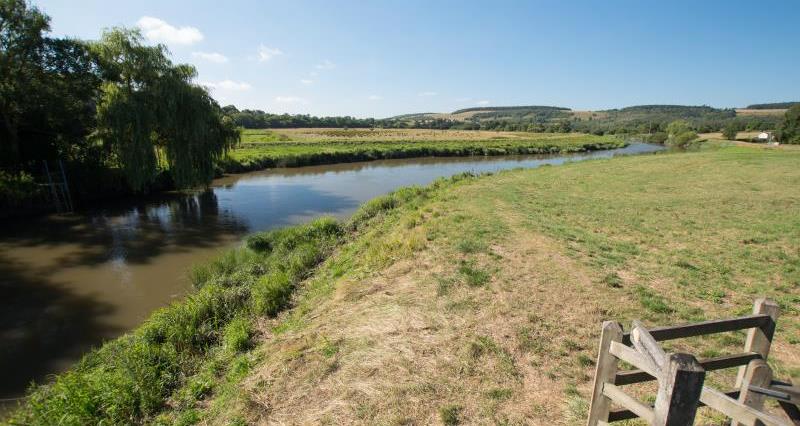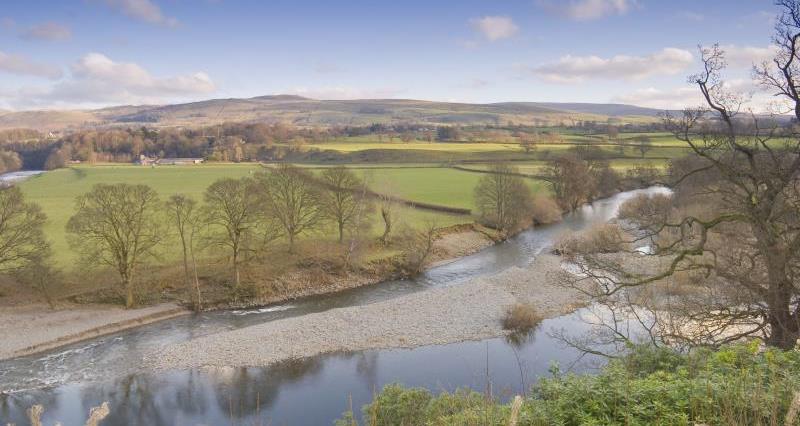As farmers, we have accomplished significant milestones, witnessing a 42% decrease in nitrogen and an impressive 69% reduction in phosphorus usage.
This signifies a substantial shift towards informed decision-making, guided by the expertise of trained advisers. I, along with other farmers, am increasingly aware of the challenges and benefits of sustainable practices, actively contributing to this positive change in the industry.
Farmers at the forefront
Highlighting the crucial importance of collaboration, I am pleased to observe initiatives like collaborative water testing in action.
Take Wylye Valley Farmers as an excellent example, demonstrating how we, as farmers, can unite to reduce our environmental impact. The synergy of farming clusters, partnerships with government agencies, and collaborations with third parties collectively magnifies the impact of our positive progress.
A compelling illustration of this collaborative effort comes from Yorkshire's Sustainable Landscapes group – a project I've been actively engaged in since its inception.
“The path to a resilient and sustainable future for water quality poses challenges, but my optimism remains.”
NFU Environment Forum chair Richard Bramley
In this endeavour, farmers around York have partnered with Yorkshire Water to address water quality concerns and, in the process, deliver broader benefits. This collaboration demonstrates the effect of unified efforts in addressing environmental challenges, highlighting the potential for positive transformation when farmers, government agencies, and external partners collaborate.
These endeavours not only improve water resource quality but also foster a more sustainable and resilient agricultural landscape.
Acknowledging challenges
While celebrating progress, challenges persist, particularly in regions like the River Wye.
Full condition assessments reveal the need for ongoing investigation into the root causes and a comprehensive, long-term strategy.
Realism is crucial and acknowledging the time it takes for changes in farming practices to manifest in river improvements need to align with public expectations.
Science and technology
The potential of science and technology takes centre stage in our journey toward a resilient and sustainable future.
Tools like PLANET, RB209, and MANNER-NPK contribute to efficient nutrient management, while innovative technologies like incineration, AD plants, or pyrolysis offer solutions to age-old challenges.
Industry collaboration
Government targets, as set out in the Environment Improvement Plan, are notably ambitious, with interim targets set for 2028, only five years away.
In order to achieve, or at least show progress, we need to continue our collaborative efforts, embrace technological advancements, and persist in sustainable practices.
Above all it will need huge investment. The path to a resilient and sustainable future for water quality poses challenges, but my optimism remains. Together, we can work toward a healthier, more sustainable future.




